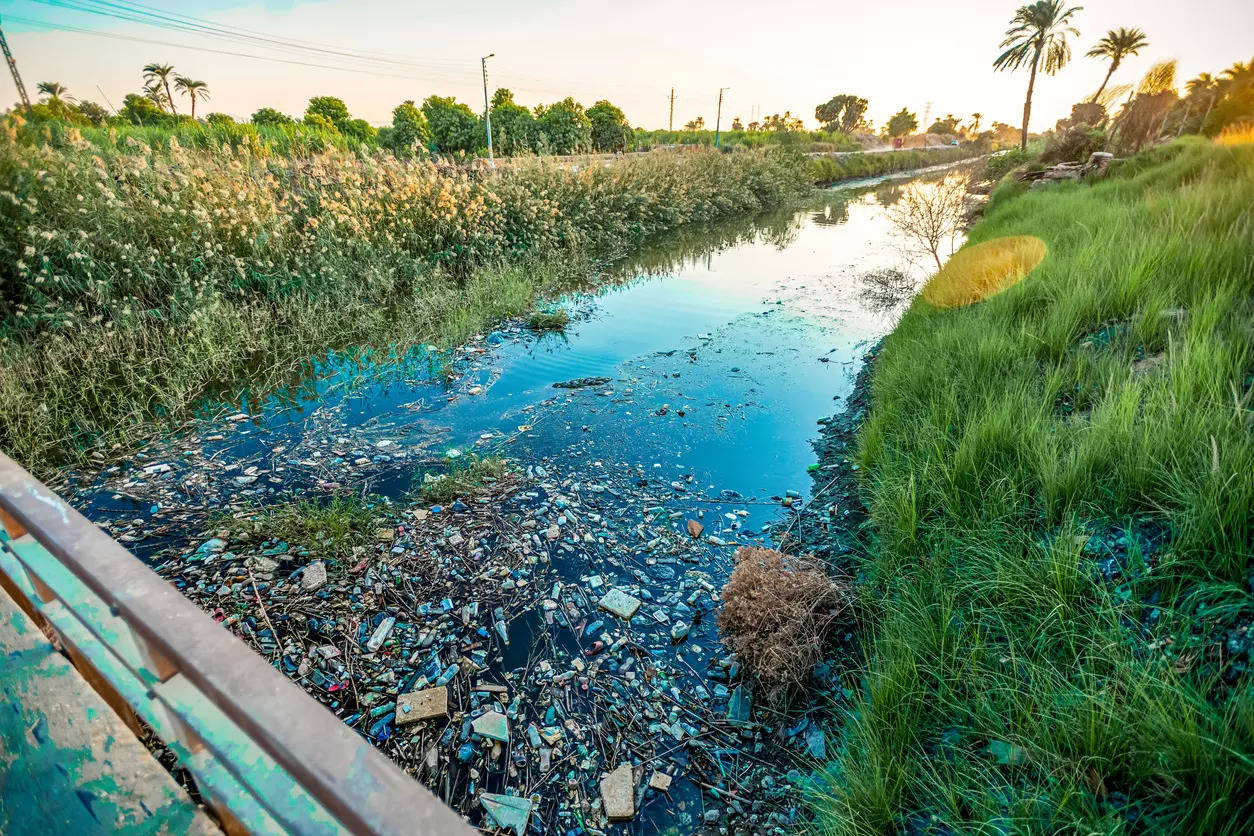
Many popular fashion labels have been in the past accused of polluting the environment and though many of them claim to have adapted eco-friendly practices, rivers in Africa are dying because of the constant dumping of fashion waste.
According to a report published in the Independent, global fast fashion brands are helping drive pollution that has dyed African rivers blue or turned their waters as alkaline as bleach.
A report by Water Witness International’s (WWI) featured the polluted rivers in Lesotho in southern Africa and Tanzania to highlight the risks posed by pollution caused by fashion brands which are working extensively in Africa thanks to the attractive ax incentives and cheap labour available.
Global brands could force better practices, but so far their presence in Africa has done little to stem rife pollution, water hoarding by contracting factories or even ensure adequate water and sanitation for factory staff, Nick Hepworth, director of WWI and author of the report, said.
"The flipside is that (fast fashion) could be a force for change," he cited in the report, but brands and investors needed to take the lead.
In Lesotho, researchers found a river visibly polluted with blue dye for denim jeans. Samples taken from Tanzania's Msimbazi river in Dar es Salaam meanwhile tested a pH of 12 - the same as bleach - near a textiles factory, the report said, adding local communities use the Msimbazi for washing, irrigation and more.
The report identified as many as 50 popular fashion labels which are sourcing their clothes from African nations, some of the big names being Zara, ASOS (ASOS.L) and H&M (HMb.ST), but didn't tie the pollution to any company's supply chain.
When Reuters tried to confirm the basis of the report, Zara did not provide a comment. ASOS and H&M confirmed they source from Africa but pointed to initiatives to ensure sustainability or address water risks.
Brands can and do make environmentally sustainable clothing, and consumer pressure was key to encouraging more, said Katrina Charles, an expert on water security and quality at the University of Oxford who has worked with governments in Africa and Asia. With inputs from Reuters
Thumb Photo: A representational image from iStock







